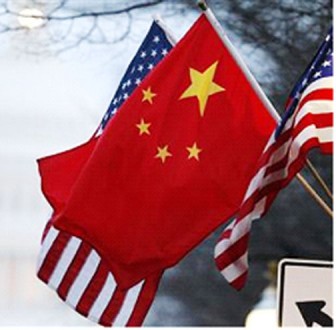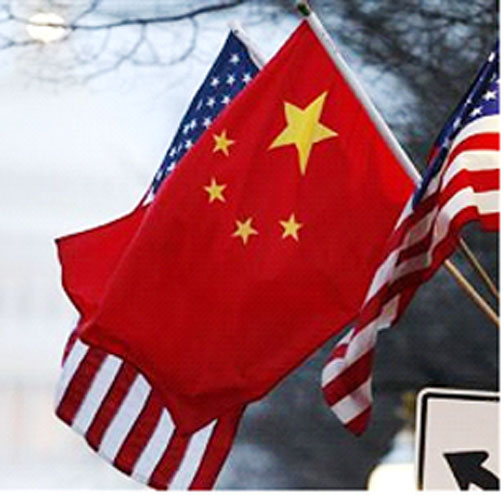WASHINGTON, (Reuters) – Chinese President Hu Jintao arrived in the United States yesterday for a four-day state visit peppered by U.S. complaints about Beijing’s currency policies but sweetened by some $8.5 billion in business deals.

“I actually think it’s helpful for China to understand this is a big issue for Americans, just like it’s a big issue for all of China’s trading partners,” Geithner told National Public Radio.
Hu said earlier this week he would not accept U.S. arguments that the yuan was undervalued — an opening volley in a disagreement that is expected to dominate this week’s trip.
Analysts are calling the visit the most important by a Chinese leader since Deng Xiaoping helped open bilateral ties 30 years ago, given China’s growing military and diplomatic influence and its emergence as the world’s second-largest economy after the United States.
“The purpose of my visit is to enhance mutual trust, promote friendship, deepen cooperation and move forward the positive, cooperative and comprehensive China-U.S. relationship for the 21st century,” Hu said in an arrival statement.
Tensions over trade and a Chinese surplus Washington puts at over $250 billion for 2010, will feature prominently in today’s summit between Hu and President Barack Obama. Other thorny matters, from rebalancing the global economy to dealing with North Korea to the delicate issue of China’s human rights practices, will round out the agenda.In an effort to accentuate the positive side of relations, Obama and Hu are scheduled to drop by a meeting today at the White House of top executives from the two countries.
U.S. chief executives who will attend the meeting include Microsoft Corp.’s Steve Ballmer, Goldman Sachs’ Lloyd Blankfein, General Electric’s Jeff Immelt and Boeing’s Jim McNerney.
Chinese business leaders at the meeting will include executives from Lenovo, China Investment Corp, Wanxiang Group and Haier, a U.S. official said.
In a show of China’s purchasing power designed to dispel perceptions that trade is a lopsided, job-killing affair for the United States, Hu was preceded by Chinese executives who signed about $8.5 billion in deals with U.S. firms.
BUSINESS AND POLITICS
The U.S. Energy Department said Alcoa Inc and China Power Investment Corp signed an agreement to collaborate on a range of aluminum and clean energy projects representing $7.5 billion in potential investment within China and abroad.
With cooperation in the clean energy field a priority for both governments, General Electric agreed with China Huadian Corp to supply about 50 gas turbines, which will generate some $500 million in revenue over the next five years.
A 120-member Chinese delegation in Houston signed two cotton-import agreements with six companies that China’s Xinhua news agency reported were worth $600 million.At least 25 more deals, including soybean, are expected on the Chicago leg of Hu’s trip on Friday, city officials said.
Details of the transactions were not entirely clear and one U.S. industry official said a final tally of deals might depend on whether the Chinese see the summit with Obama as a success.
“There’s always a huge political agenda surrounding the business issues. In this case, human rights and everything else,” said the official.
The summit has galvanized Chinese human rights groups — as well as the Tibetan, Taiwanese and Uighur communities and the banned Falun Gong sect — that are airing grievances against Hu’s government and urging Obama to speak out on human rights.
Pressed on how forceful Obama would be with Hu, White House spokesman Robert Gibbs said: “I think the president will be firm … in outlining the important beliefs of this administration and this country.”
Currency concerns took centre stage in Washington.
Senators Sherrod Brown, a Democrat, and Olympia Snowe, a Republican, sent a letter to Geithner promising to introduce legislation to “address China’s unlawful practice of currency manipulation.”





